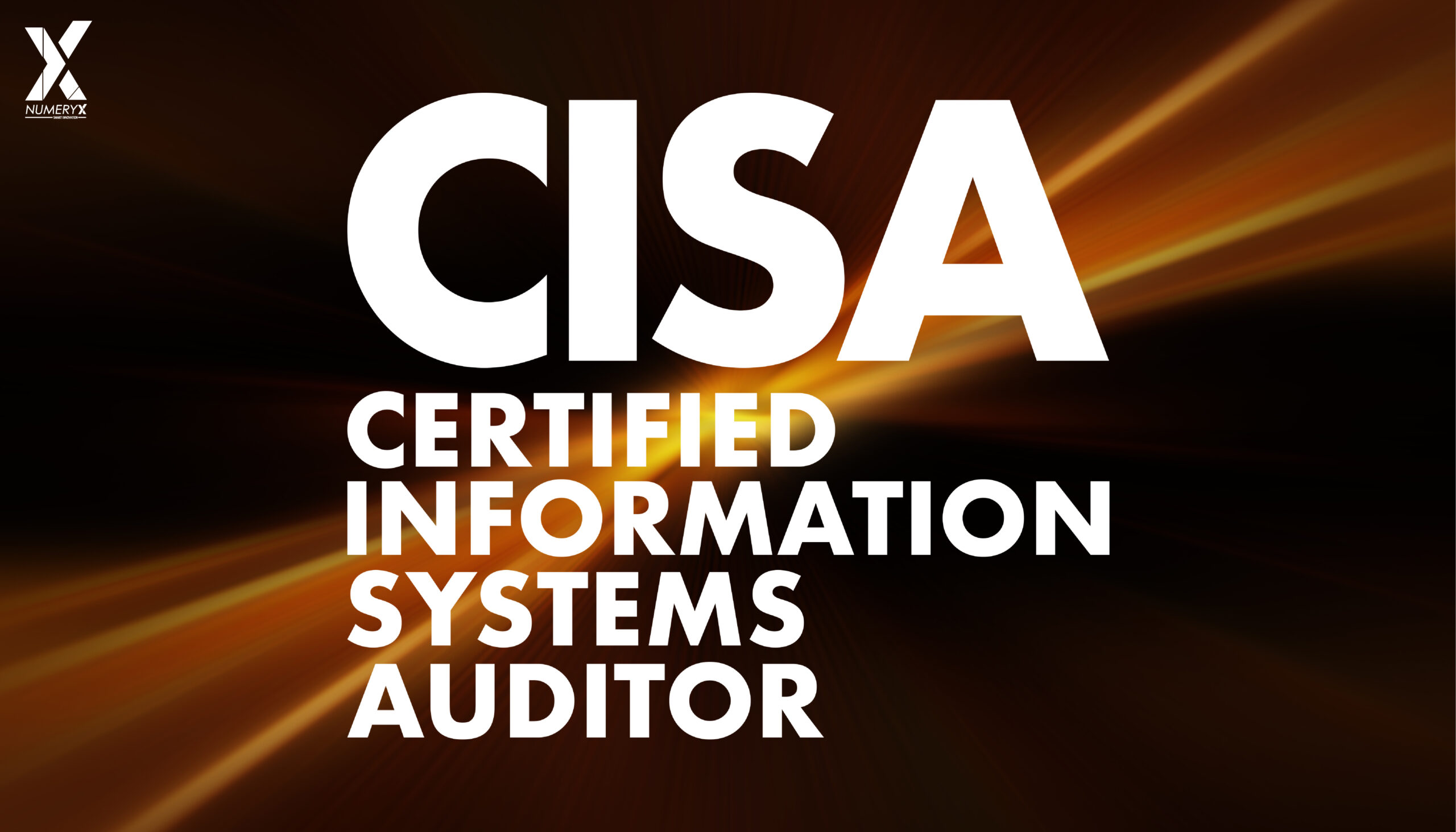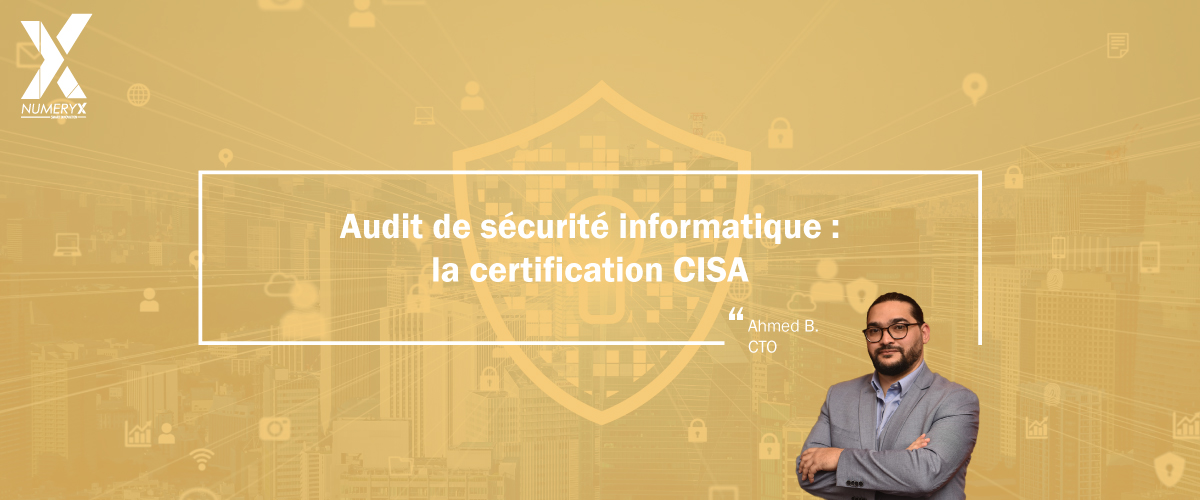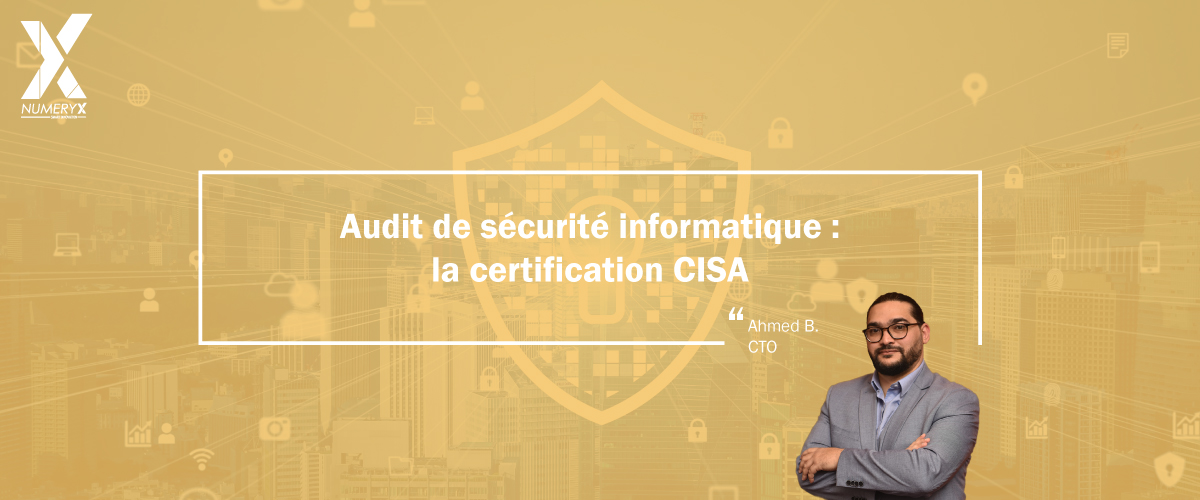An IT security audit can often be a source of stress within a company, but it shouldn’t be.
Security audits are technical examinations of the configurations, technologies and infrastructure of an IT system; all aimed at reducing the risk of a cyber security breach.
This detailed data can be intimidating to those who feel less IT-literate, but understanding the resources and strategies available to protect against modern attacks makes IT security more accessible.
What is an IT security audit?
An IT security audit involves two types of assessment: manual and automated.
Manual assessments occur when an external or internal IT security auditor interviews employees, examines access controls, analyzes physical access to hardware and performs vulnerability scans. These reviews should take place at least once a year; some organizations do them more frequently.
Organizations should also examine the automated assessment reports generated by the system. Automated assessments not only incorporate this data; they also respond to software monitoring reports and changes to server and file settings.
What’s the difference between an IT risk assessment and an IT security audit?
When it comes to IT risk assessments and audits, the two terms are often used interchangeably. It’s important to note, however, that while both are important elements of a sound risk management program, they serve different purposes.
An IT risk assessment provides a high-level overview of your IT infrastructure, data and network security controls.
The aim is to identify gaps and areas of vulnerability.
Conversely, an IT audit is a detailed and comprehensive examination of current IT systems and security controls.
As a general rule, an assessment takes place at the start of your risk management program to help you identify areas where action and/or new safety policies are needed.
A security or compliance audit takes place towards the end, when it’s time to obtain certification or attestation. Or, when penetration tests have failed to prevent a controlled cyberattack such as a firewall breach, an IT audit occurs to determine what went wrong.
Why is an IT security risk assessment important?
Before creating procedures and controls around IT security, organizations need an IT security risk assessment to determine their exposure to risk. There are six key benefits to conducting an enterprise security risk assessment.
- Justify financial expenses :
Firstly, a risk assessment can help justify the financial outlay required to protect an organization. Information security has a cost. Tight budgets mean that additional expenditure can be difficult to get approved.
- Articulating risks and quantifying threats
An IT security risk assessment articulates critical risks and quantifies threats to information assets. By educating internal stakeholders to see not only the exposure but also the value of mitigating critical risks, a security risk assessment helps justify security investments such as penetration testing or the creation of new security measures.
- Streamline IT department productivity
Risk assessments also help to streamline IT department productivity. By formalizing the structures that facilitate ongoing monitoring, IT departments can focus on actively reviewing and gathering documentation, rather than on responding defensively to threats.
- Breakdown barriers between departments
What’s more, assessments can help remove obstacles.
Starting with a security risk assessment puts company management and IT staff on the same page.
Management needs to make decisions that mitigate risk while IT staff implement them.
Working together from the same risk assessment gives everyone the information he or she needs to protect the organization, and makes it easier to take ownership of security efforts beyond the IT department.
- Establishing a basis for self-assessment
Corporate security risk assessments also form the basis for self-assessment.
While IT staff are familiar with technical operating systems, network and application information, implementation depends on staff in other business units.
Risk assessments provide accessible reports focused on actionable information so that everyone involved can assume the appropriate level of responsibility for protecting sensitive systems and data.
To foster a culture of compliance, security cannot operate in isolation.
- Share information between departments
Finally, security assessments help to share information between departments.
With individualized suppliers and systems, different departments within an organization may not know what others are doing.
What’s more, they may have no idea of your overall security posture.
Since senior management within large companies must all share responsibility, the assessments provide the information needed for meaningful discussions supporting IT security.
What does an IT security auditor do?
External auditors provide a variety of services. They review organizations’ information systems, security procedures, financial reports and compliance methodology to determine effectiveness and identify security gaps.
Although these areas may seem isolated, they overlap in many places.
Therefore, hiring an IT security auditor not only helps to protect a company’s information assets.
It also offers opportunities to increase compliance.
What should an organization look for in an IT security auditor?
Faced with an upsurge in cyber attacks, the ANSSI (Agence nationale de la sécurité des systèmes d’information) has decided to delegate many of its missions to external service providers. It has therefore created a qualification, called PASSI for Prestataires d’audit de la sécurité des systèmes d’information (Information Systems Security Audit Providers), to ensure that the IT security companies commissioned comply with the same specifications as ANSSI engineers.
Here are the three reasons why every company should systematically use a PASSI-qualified service provider to carry out security audits:
- You are an Operator of Vital Importance (OIV)
If this applies to your company, there’s no question about it: you’re obliged to use a PASSI-qualified service provider.
- Guaranteed secure audit conditions
PASSI qualification attests to the high technical, methodological and organizational level of the service provider, as well as the staff it employs. ANSSI validates that the legal entity seeking PASSI qualification has a secure information system, and that the consultants have the required knowledge and skills in the five main areas of cyber security expertise: penetration testing, configuration auditing, architecture auditing, governance auditing and source code auditing.
- Up-to-date knowledge of the latest threats
When a service provider is PASSI-qualified, ANSSI auditors regularly check that its ethics, organization, processes and information system still meet the expected quality standards. Where necessary, ANSSI asks consultants to upgrade their skills. PASSI qualification obliges the cyber audit provider to adopt a continuous improvement approach, and to keep up to date with the latest developments in information systems security.
CISA: Certified Information Systems Auditor
The Certified Information Systems Auditor (CISA) certification is considered to be one of the most reputable certifications in the security field.

The popularity of CISA certification has continued to grow in recent years.
CISA certification is awarded by ISACA, an association created in 1969 for the confidentiality, risk, security, insurance, audit and governance of information systems.
Benefits of CISA certification
The main reason why IS auditors choose to take CISA certification training is to improve their skills and standing within the organization.
When you have greater capacity in your organization, you’re guaranteed a higher level of remuneration and job security.
The CISA course reinforces your credibility within the organization, and lets your organization know about your skills and knowledge once you’ve passed the exam.
Once you become CISA certified, it not only has an impact on your career, but also on the company you work for.
Let’s take a look at some of the key benefits of CISA certification.
Skills enhancement
Once you take the ISACA course, you’ll be learning through an international organization, and that will improve your skill level. You’ll be well on your way to acquiring all the necessary skills that could lead to the perfect job.
Greater chances of promotion
The main objective of all certification training is to add value to your skills and apply them to the work environment in which you work. With the help of certified training, every employee becomes increasingly committed to providing the best service to the company and adding value to it. With the right amount of hard work, he/she could be promoted within the company. CISA certification training will prepare you for the industry with all the skills you need to increase your chances of promotion on the job.
Recognition
CISA is a global certification and is recognized worldwide. Every country respects CISA-certified professionals as excellent at auditing the IT systems of various companies. CISA certification will add considerable value to your resume and portfolio.
Expertise with experience
This course will enable learners to familiarize themselves with all the auditing skills required in this field. Each learner will be able to work on their Information Systems skills as they progress through the course.
Is CISA certification worth it?
In reality, only you can answer this question for yourself, but if we look at it from a career point of view, it’s well worth it.
CISA certification will add significant value to your profile and help you build a career path in the IT industry. CISA-certified professionals are valued in all organizations, and their level of remuneration, as well as recognition, is far superior to that of non-certified employees.
How to obtain CISA certification
The CISA certification process is divided into four necessary steps. Before moving on to the steps, let’s take a look at the process.
- First, you must pass the CISA exam with a score of 450 or higher.
- You must have 5 or more years’ experience in the security, control or audit of professional information systems.
- Over time, you must maintain your certification by paying specific maintenance fees and meeting certain CPE requirements.
Passing the CISA exam
To pass the exam, you must first register for it. There are no prerequisites for taking the exam. Once you have completed the registration process, you can continue with the study process. You can study from the official CISA review manual or opt for a CISA course.
Acquiring professional experience
This is a difficult part of the CISA certification process. You must have at least five years’ professional experience in information systems security, control or auditing. Another policy is that this experience must be acquired within five years of the date on which you passed this exam, or within ten years prior to the date of registration for the exam.
CISA certification will enhance your skills and knowledge, and add credibility to the skills you possess. Hiring managers would certainly prefer to hire a CISA-certified professional rather than a non-certified one, especially if you are interested in information systems security auditing.
Numeryx is a PASSI-certified information systems security audit organization, with a core of CISA-certified auditors.
Our Numeryx University Academy will give you easy access to CISA training, so don’t hesitate to contact us.




